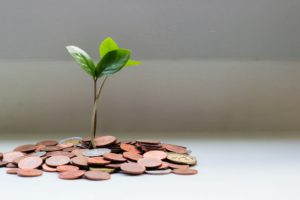Why we need a post-growth economic scenario
Current economic policies are in danger of leading nations away from emission reduction targets, warn a group of international academics.
In an article published in Nature Energy, the researchers warn that the existing growth-driven economic scenario assumes that nations will continue to raise their GDP by increasing the production of goods and services in order to progress economically and socially.
However, the authors highlight that in order to meet the climate and emissions targets set by the Paris Agreement, there is an urgent need to consider alternative, post-growth scenarios.
Post growth policies take away the focus on increasing GDP and instead look to prioritise human needs and an improved standard of living. The aim is to maintain a stable economy and support the social and societal needs of the population without economic growth.
For example, Spain outperforms the US in certain key social indicators such as life expectancy despite having 55% less GDP per capita.
Recent modelling of post-growth scenarios shows that policy interventions could bring annual global final energy demand from current levels of 400 exajoules (EJ), to as low as 150 EJ in 2050. This is compared 245 EJ as modelled in the Low Energy Demand decarbonisation scenario highlighted by the Intergovernmental Panel on Climate Change.

Co-author of the article, Dr Paul Brockway from the University of Leeds said: ‘Existing models should diversify and include post-growth economic scenarios, which could achieve the rapid energy and emissions reductions we seek, but without relying on unproven ‘technofixes’.
‘Post-growth policies move away from GDP growth and focus instead on provisioning for human needs and well-being, such as by reducing inequality, ensuring living wages, shortening the working week to maintain full employment, and guaranteeing universal access to public healthcare, education, transportation, energy, water and affordable housing.’
‘Current, growth-driven pathways may not take us to Paris, and as a result, we urgently need to include post-growth economic scenarios. By raising this topic, we aim to provoke debate amongst the public and practitioners worldwide on this important issue.’
Photo by Visual Stories || Micheile















